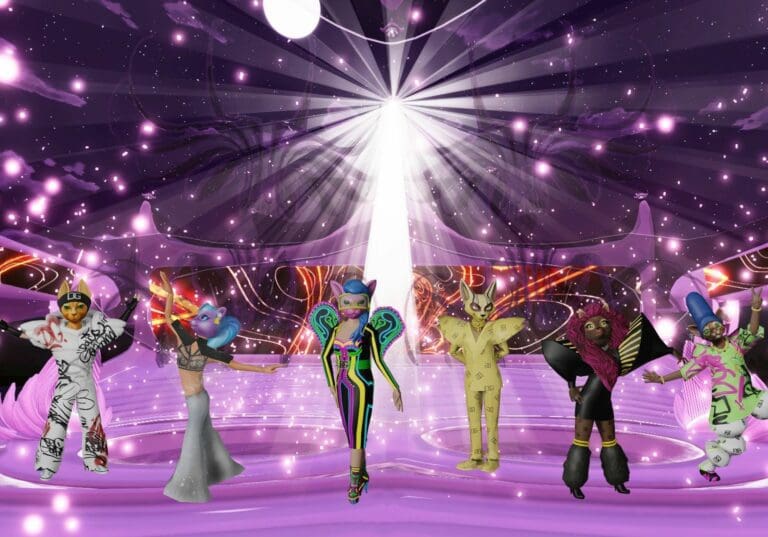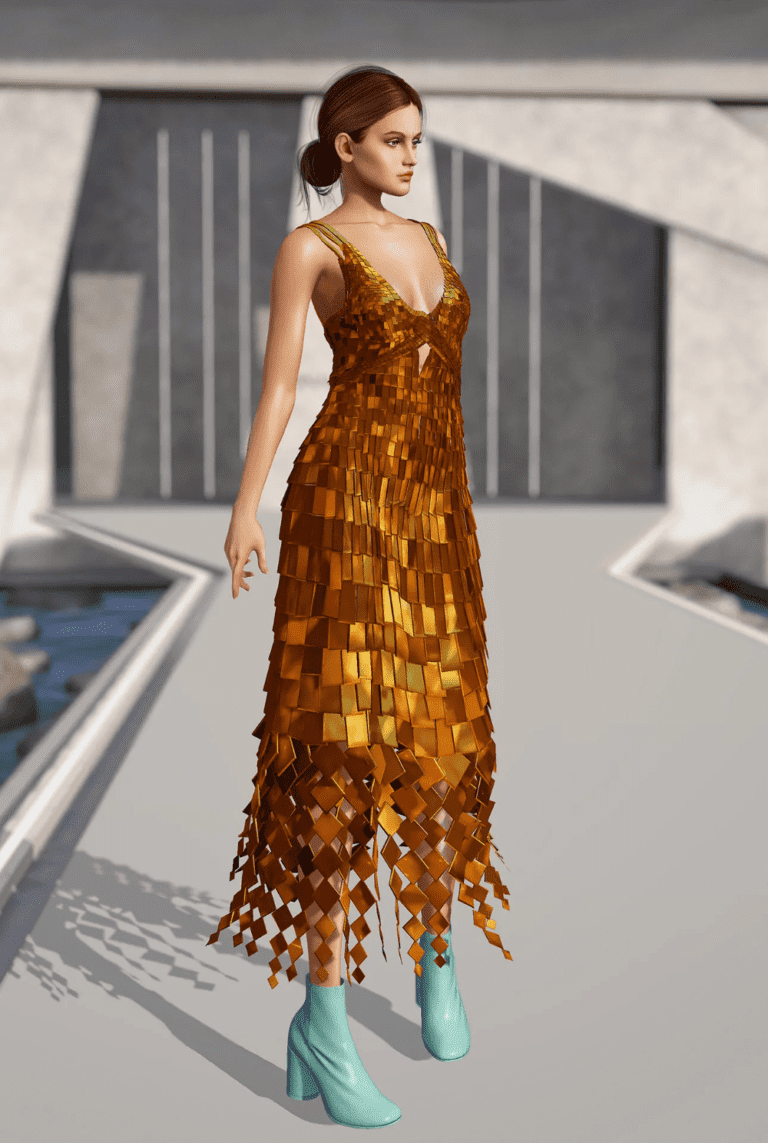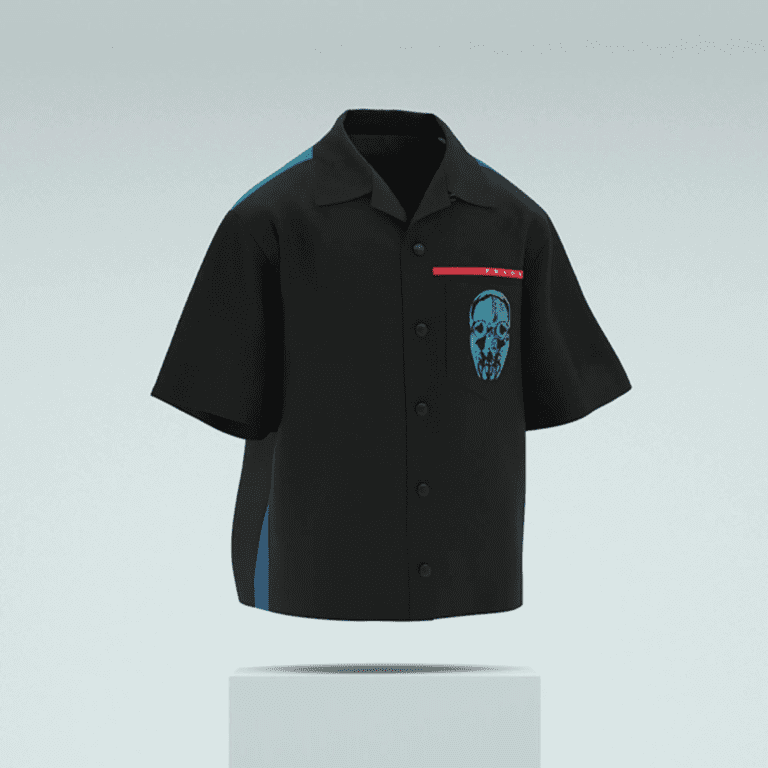The importance of 3D configurators for customer experience in the luxury industry
The importance of 3D configurators for customer experience in the luxury industry Table of Contents In the luxury industry, where attention to detail, exclusivity, and

SmartPixels had the opportunity to interview Nathalie Lemonnier, founder of Lemon Think. Lemon Think is a consulting agency that supports luxury brands within their digital strategies and client relationships.
Nathalie Lemonnier provided us with an overview of how luxury and fashion brands can get the most out of NFTs and Metaverse.

The Metaverse proved to be a fascinating territory for the luxury industry. This has been confirmed by the growing number of strategies implemented by high-end brands. Lately, NFT drops, Metaverse activations, and NFT collaborations between artists and brands are on the rise. Therefore, could we say that all these initiatives might represent the long-awaited convergence between luxury and technology?
The introduction of NFTs has shaken up the digital universe. Indeed, NFTs have introduced the concept of scarcity and ownership in the digital world, which was previously known for its profusion and universality.
The Metaverse is an immersive virtual environment where users can experience everything from joining communities to discovering new brands and products.
NFTs and luxury boast several commonalities. In particular, we can list rarity, exclusivity, social status signaling, and prestige as the most relevant ones. A wide variety of Luxury Maisons have already experienced this universe, where they seem to progress with ease.
Discover and luxury products share another mutual element: the enthusiasm around their release. Both involve expertise and creative processes that take time to design and create hype around their launching.

Consumers’ daily lives are already highly embedded with elements from the digital world. Today, it is possible for them to discover items in the form of hyperrealistic 3D product visuals. These “digital twins” are transformed into non-fungible tokens (NFTs) and exploited in the virtual world.
The transposition and enrichment of physical experiences in the digital world, including elements from the real transposed in the virtual one, are the keys to creating meaningful and immersive buyers’ experiences.
To exemplify, let’s imagine what the customer journey could look like in the Metaverse:
• First, the user discovers a brand in the Metaverse.
• Then, he tries 3D products in the form of NFTs via his avatar on Roblox and makes a pre-selection.
• Finally, the client goes to the brand’s boutique to buy the product(s) discovered in the digital realm.

The boutique represents a central catalyst of the luxury experience. Moreover, it is clear how certain elements from the physical world are hardly transposable into the digital one.
To illustrate, a virtual visit to a House of Champagne will be deprived of the tasting experience, which constitutes a fundamental step. Therefore, we should ask ourselves how brands can obtain the best of both worlds, seizing omnichannel strategies. According to Nathalie, the combination between the physical and the virtual world embodies the key to success.
“Beyond product discovery, the Maisons could constitute the bridge to reinvent the customer experience. They may bring both virtual, both physical elements, depending on the touchpoints customers use in their omnichannel journey.” – Nathalie Lemonnier, founder of Lemon Think.
Thus, Augmented Reality enables brands to create digital spaces to facilitate clients to live highly immersive experiences. Throughout their journey, users are surrounded by elements imbued with the brand’s DNA, they can also be invited to “co-create” with the brand via the personalization of a product.
Overall, the employment of AR technologies and visuals of 3D in the Metaverse helps to democratize the customer experience and reach a wide range of potential leads.

The concept of NFTs starts with a digital asset, which can then be registered in the blockchain and therefore transformed into an NFT.
NFTs are 3D virtual products, which can be considered fully new creations. Their role within brand strategies is constantly evolving: the sales volume of NFTs reached $2.5 billion in the first half of 2021 [1].
NFTs can also be viewed as modern collectibles. For example, 3D fashion NFTs signed by luxury houses associated with designers confer greater value to customers and increase the prestige of brands themselves.
In the luxury world, buyers might purchase a physical product and get a digital copy of it (“digital twin“) in a 3D rendering format. They can use it to boost their virtual space in the Metaverse, by enriching the wardrobe of their avatars. The legitimate representation is then transposed into the virtual universe.
This opportunity is accruing: 70% of consumers in the US, from Generation Z to Generation X, consider their digital identity to be extremely relevant [2].

1. Launch new experiences : Design an interactive 3D environment that provides value to your audience and facilitates the creation of different experiences. Within this space, a product configuration solution can be integrated to drive consumer engagement and enhance user-generated content. SmartPixels is an expert in product personalization experiences. Don’t hesitate to contact the team!
2. Focus on building community: Speaking of Web 3.0 and Metaverse, the community is at the heart of the experience. From conversions to conversations, the relationship between brand and customer has evolved. Furthermore, Web 3.0 NFTs and Metaverse allow each community member to have an individual and highly personalized experience.
3. Develop a tailored strategy: It is essential to design a strategy that allows your brand to resonate with the target community while keeping your DNA and values intact. SmartPixels allows you to offer users a highly individualized interaction, which is relevant, especially for Generation Z customers who have a strong need for uniqueness.
*Sources:
Interview with Nathalie Lemonnier, founder of Lemon Think
[1] https://luxus-plus.com/en/nft-sales-volume-reaches-2-5-billion-in-the-first-half-of-2021/.
[2] https://www.mckinsey.com/industries/retail/our-insights/state-of-fashion
The importance of 3D configurators for customer experience in the luxury industry Table of Contents In the luxury industry, where attention to detail, exclusivity, and
3D rendering vs 2D: what are the benefits of one over the other? Table of Contents 3D rendering offers a significant leap in realism compared
How do 3D product configurators reduce e-commerce returns? Table of Contents Overview of e-commerce product returns % of people who claim to retunr their online
Omnichannel strategy: the keys to a successful experience Chloé Tokyo store with a personalization experience created by SmartPixels The global pandemic has forced brands around
How AR helps luxury brands to build immersive experiences What is Augmented Reality? Augmented Reality solution by SmartPixels Augmented Reality is a technology that enables
Deep-dive into glTF file format During recent years, the glTF file format has gained more and more prominence, due to its functionality and the wide variety